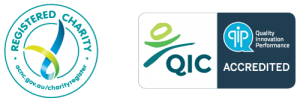
Sitting on my desk next to me are some of the annual surveys completed recently by men at Men’s Tables. We’ve been asking the men ‘What is the impact of being part of your Table?’.
One says “I’m listening more”, another says “I feel safer as a Dad being able to share and learn alongside other Dads”, and a third man writes “I’m able to overcome tougher times mentally before they become larger issues that would previously then affect others”.
Men’s Tables are groups of 10 – 12 local men who meet once a month over a simple meal in a private room, to talk, listen and share about the highs and lows of their lives; how they’re really feeling. Tables are established around a simple structure and sustained through the commitment of each man to show up every month to serve themselves and to serve the other men.
As we’ve launched and supported 26 Men’s Tables over our first two years as a charity, we’ve been exploring what this could mean for workplace wellbeing, and more broadly for organisational culture. We know leadership behaviour affects culture, but how much attention are we all paying to some of the in-built norms about gender and leadership?
What if there was a way of fostering Healthy Masculinities amongst the men in workplaces.
We recently ran a webinar with the folks from Citi, thanks to Geraldine King, Workplace Safety, Health and Wellbeing Manager, who is a WayAhead Workplace member. We asked the 35 people who attended, ‘What do healthy masculinities look like?’
Their answers aligned closely with emotional intelligence; the ability to express emotions and vulnerability, empathy and care for others, and being a good listener.
Until recently though, and maybe still in some workplaces, the alpha male behaviour of competing, and power over others have been the behaviours that get rewarded. Any wonder that men are still 5 times more likely to be promoted to positions of responsibility, and women are perceived as 3 times less assertive than men. (http://jump.eu.com/studies/)
The impacts are also felt amongst men. The research shows that conformity to traditional masculine identities is a predictor of social isolation and help-seeking reticence, as well as the tendency to hold back emotions rather than expressing them. At the crisis end of male depression and suicide, the stats are revealing with men 3.5 times more likely than women to die by suicide. (Beyond Blue, NSW Health)
At other levels, the presence of alpha male behaviour reduces the level of psychological safety and creates an unhealthy culture, which means people can’t bring the best versions of themselves to work.
To foster healthy cultures that work for everyone, healthy masculinities are needed. It is everyone’s business.
Our mantra at The Men’s Table is Healthy Men, Healthy Masculinities, Healthy Communities.
Men at Men’s Tables are invited to share about what’s really going on for them, and how they’re feeling. They get to share if they want to, and also listen without fixing. The foundations of each Table are the men’s commitment to showing up each month and be there to serve other men whilst serving themselves. This builds a safe and trusted space.
Through our annual surveys, we are learning that the impact of these simple practices are significant in helping men develop healthy masculinities and emotional intelligence that they can take home, and bring to work in their leadership and their interactions with men and women colleagues.
We want to contribute to healthy workplaces and culture through more emotionally intelligent men.
The Men’s Table Co-Founders are available to deliver webinars and keynotes to workplaces about Healthy Masculinities and EQ Males at work.
Men can attend an Entree evening to learn how a Table works and decide whether they’d like to be part of a local Men’s Table. Entree dates and registration can be found on our website.
More information about our Table Program and healthy masculinities can be found in The Men’s Table Model of Care 2020
David Pointon & Ben Hughes, Co-Founders, The Men’s Table
David Pointon
Co-Founder, the Men’s Table
Also published on LinkedIn


